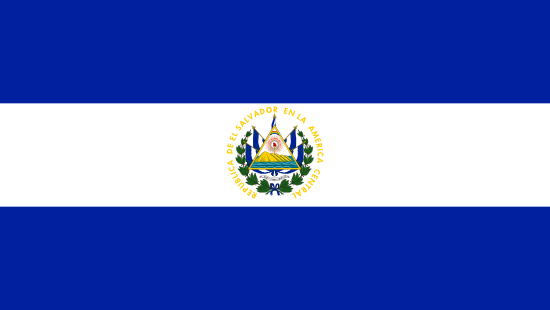
Health Insurance in El Salvador, America
Information expatriation
Capital City: San Salvador
Total area: 21,041 km2
Population: 6,857,000
Money: Currency Converter
Time Zone: List of time zones by country
Calling Code: +503 XXX
Practical Information:
Health Product: Travel Insurance and Health insurance
Health Insurance information and Sanitary Risk: World Health Map
BLOG : Expat Health insurance Information
Here is a brief description of the healthcare system in the country:
· El Salvador has a mixed public-private healthcare system intended to provide universal coverage to all residents.
· The public sector operates clinics, health centers and hospitals through the Ministry of Health. It covers a percentage of the population.
· However, resources and services are limited, especially in rural areas. Infrastructure, equipment and staffing are often inadequate.
· Around 70% of Salvadorans rely on private healthcare plans, clinics and hospitals to supplement public options or as a primary source of care.
· Out-of-pocket payments remain high even for those covered by some public services due to underfunding.
· Leading health issues include respiratory diseases, HIV/AIDS, diabetes, cancer, hypertension and traffic accidents.
· Medical education and training programs produce doctors, nurses and other professionals to work locally or abroad.
· Regional disparities persist as urban centres tend to have better access than remote rural communities.
Here are some key health considerations for expatriates living in the country:
· Purchase private international health insurance. Public options have limited services and resources, especially in rural areas.
· Consider registering with an accredited private medical clinic, hospital or doctor used to serving expats/international patients.
· Supplement any regular prescriptions. Availability of medications can be inconsistent through public pharmacies.
· Learn basic Spanish medical terms for interactions, especially outside major cities where English is uncommon.
· Follow safety precautions regarding traffic accidents, respiratory/gastrointestinal illnesses from environment/food.
· Exercise increased security awareness. Gang violence has declined but petty crime remains a risk in some areas.
· Air pollution levels are high in San Salvador from vehicle emissions. Respiratory issues may flare up.
· Process any paperwork like residency permits through a private physician if possible.
· Be prepared for potential out-of-pocket costs even with insurance coverage of public/private providers.
